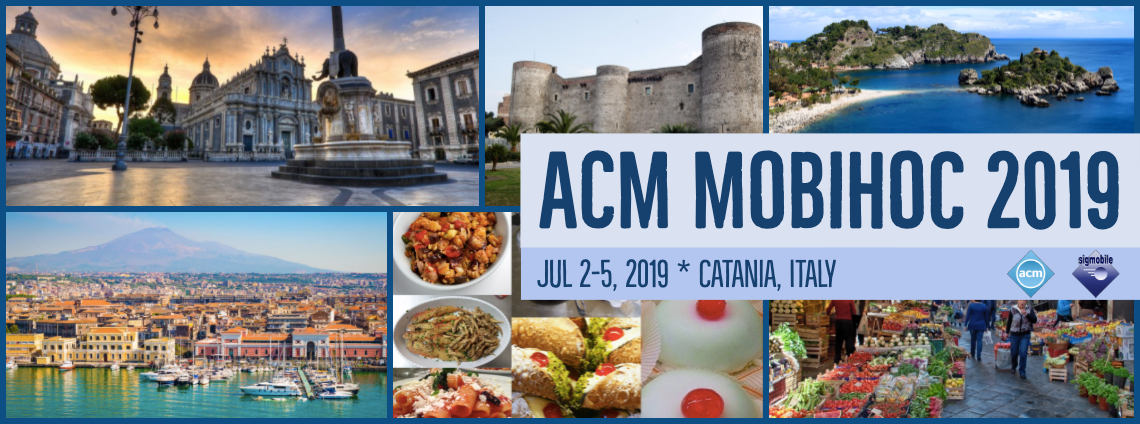Bio: Marica Amadeo is a PostDoc researcher at the University Mediterranea of Reggio Calabria. She received a Laurea degree in Telecommunications Engineering (Oct. 2008) and a PhD degree (Feb. 2013) from the University Mediterranea of Reggio Calabria, Italy. Since September 2013, she has been with the same university as a Post-Doc researcher. Her research interests are mainly in the fields of Information Centric Networking, Internet of Things, Edge/Cloud Computing, Wireless and Vehicular Ad Hoc Networks. She serves as TPC member for many international conferences and workshops and as reviewer for several scientific journals. She was recognized as exemplary reviewer by IEEE Communication Letters in 2013 and 2014. She is Guest Editor of the special issues on “Future Internet of Vehicles” in Wiley Transactions on Emerging Communications Technologies, “The Internet of Things for Smart Environments” in Future Internet Journal, “Mobile Information Centric Networking” in Elsevier Computer Communications. Claudia Campolo is an Assistant Professor of Telecommunications at University Mediterranea of Reggio Calabria, Italy. She received a Laurea degree in Telecommunications Engineering (2007) and a PhD degree (2011) from the University Mediterranea of Reggio Calabria, Italy. In 2008 she was a visiting PhD student at Politecnico di Torino and a DAAD fellow at University of Paderborn, Germany in 2015. Her main research interests are in the field of vehicular networking, future Internet architectures and 5G systems. She has received three best paper awards for research in the vehicular networking field and the IEEE ComSoc EMEA Outstanding Young Researcher Award in 2015. She is involved in the organization of many international conferences and she gave tutorials at IEEE WCNC 2012, 2018 and 2019, IEEE ICC 2017, EUCNC 2017. She was co-editor of the book “Vehicular ad hoc network: standards, solutions and research”, Springer-Verlag 2015, and Guest Editor of the special issue on “Multi-radio, Multi-technology, Multi-system Vehicular Communications”, in Computer Communications, 2016 and for the Special Issue on 5G-V2X “Communications and Networking for Connected and Autonomous Vehicles”, in Future Internet journal. Giuseppe Ruggeri is an Assistant Professor of Telecommunications at the University Mediterranea of Reggio Calabria (Italy) since Nov. 2002. He received the MS degree in Electronics Engineering in 1998 from the University of Catania (Italy) and a Ph.D. in Electronics, Computer Science and Telecommunications engineering from the University of Palermo (Italy) in 2002. His current interests include the interconnection-integration of heterogeneous wireless networks, self-organizing networks, IoT and M2M communication. He joined several research projects financed by Calabria local Government or Italian National Government. He served as TPC member of several leading international conferences, he has been guest editor of the Special Issue “Smart Wireless Access Networks and Systems for Smart Cities” in Elsevier Ad Hoc Networks and of the special issue “Recent Advances on Social Internet of Vehicles” in IEEE IoT Journal. Since 2017 he is area editor of Elsevier Elsevier Ad Hoc Networks.

